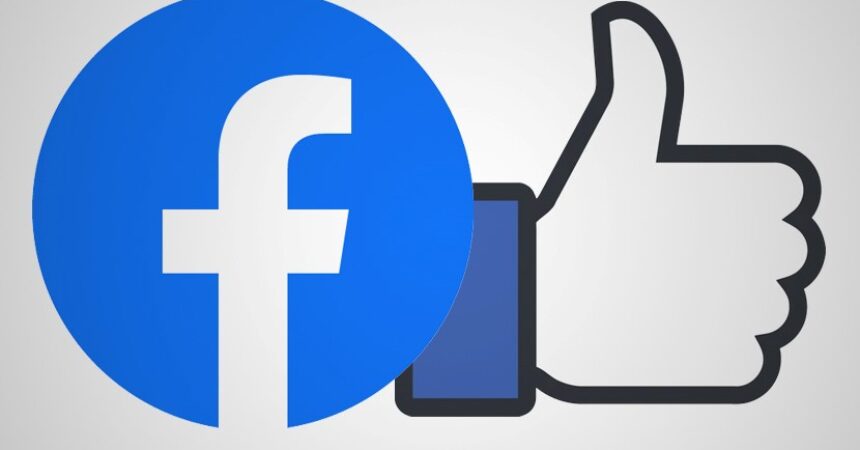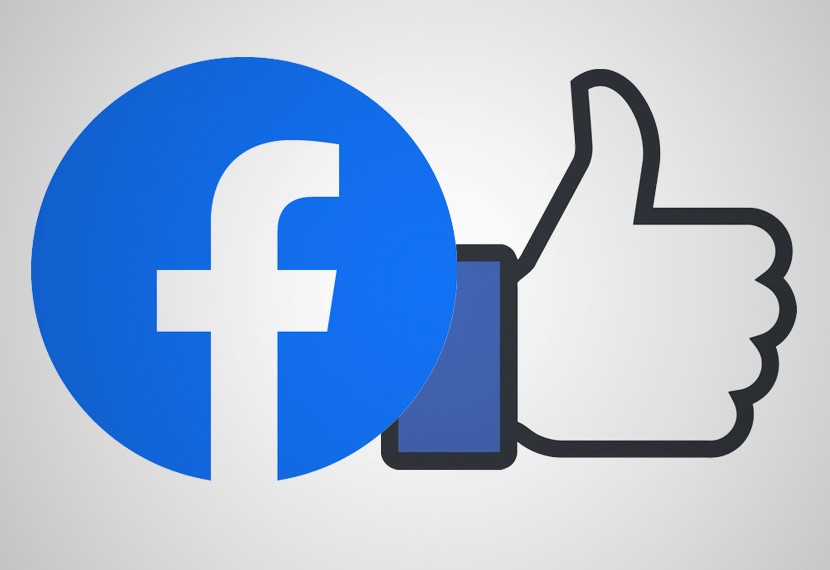
Florida joins lawsuit targeting Facebook

Photo special to the Outlook
By Dara Kam
News Service of Florida
Florida Attorney General Ashley Moody joined 45 other states last Wednesday in a lawsuit against Facebook, accusing the social media giant of exploiting its dominance in the digital marketplace and engaging in anti-competitive practices.
The states’ lawsuit, accompanied by a legal complaint filed by the Federal Trade Commission, focuses on Facebook’s allegedly “illegal buy-or-bury strategy that thwarts competition and harms both users and advertisers.”
Wednesday’s twin lawsuits came as Facebook and founder Mark Zuckerberg, who launched the social-media platform in 2004 as a way for university students to get and stay connected, face increased scrutiny and criticism from President Donald Trump’s administration and Congress.
The states’ lawsuit, also joined by Guam and the District of Columbia, focuses in part on Facebook’s acquisitions of message-sharing app WhatsApp and photo-sharing app Instagram, transactions the lawsuit alleges were predatory because the apps “each posed a unique and dire threat to Facebook’s monopoly” in the social-networking sphere.
In addition to buying potential competitors, the lawsuit alleges Facebook employed an “open first-closed later” approach to developers to help grow Facebook’s user base through third-party services.
Facebook’s strategies have resulted in “degraded quality of users’ experiences, less choice in personal social networks, suppressed innovation, and reduced investment in potentially competing services,” the 76-page lawsuit said.
“Facebook’s conduct deprives users of product improvements and, as a result, users have suffered, and continued to suffer, reductions in the quality and variety of privacy options and content available to them,” the complaint alleged
The lawsuit, filed in U.S. district court in the District of Columbia, asks that Facebook be prohibited from making further acquisitions valued at or in excess of $10 million without advance notice to the plaintiff states and that a judge deem Facebook’s acquisitions of WhatsApp and Instagram as violations of federal antitrust laws.
In a prepared statement outlining the lawsuit, Moody chided Facebook “for its unlawful, anticompetitive business practices” and called on the court to end the social media giant’s “monopoly control.”
“One of the greatest benefits to owning a business in the United States is having the ability to operate and innovate in a free and fair marketplace,” Moody said in a prepared statement. “The stifling of competition and predatory actions of Facebook are inexcusable, and as a result, its users, innovation and competition have all suffered.”
But Facebook called the states’ allegations “revisionist history” and vowed to fight both legal challenges.
“Antitrust laws exist to protect consumers and promote innovation, not to punish successful businesses. Instagram and WhatsApp became the incredible products they are today because Facebook invested billions of dollars, and years of innovation and expertise, to develop new features and better experiences for the millions who enjoy those products,” Facebook Vice President and General Counsel Jennifer Newstead said in a prepared statement.
Facebook paid $1 billion for Instagram in 2012 and $19 billion for WhatsApp in 2014. Newstead pointed out that the federal commission cleared both acquisitions.
“The government now wants a do-over, sending a chilling warning to American business that no sale is ever final. People and small businesses don’t choose to use Facebook’s free services and advertising because they have to, they use them because our apps and services deliver the most value. We are going to vigorously defend people’s ability to continue making that choice,” she added.
According to the states’ lawsuit, more than half of the U.S. population over age 13 uses Facebook, which makes money through advertising.
The lawsuit accuses Facebook of harming advertisers in a number of ways, “including less transparency to assess the value they receive from advertisements, and harm to their brand due to offensive content on Facebook services.”
Zuckerberg and other Facebook executives have come under fire for how the company handled advertising and misinformation during the 2020 election cycle.
“Facebook’s monopoly gives it significant control over how users engage with their closest connections and what content users see when they do,” the lawsuit said. “Because Facebook users have nowhere else to go for this important service, the company is able to make decisions about how and whether to display content on the platform and can use the personal information it collects from users solely to further its business interests, free from competitive constraints, even where those choices conflict with the interests and preferences of Facebook users.”
Only Alabama, Georgia, South Carolina and South Dakota did not join the lawsuit, which was filed after a lengthy antitrust investigation that included participation by Moody’s office.







